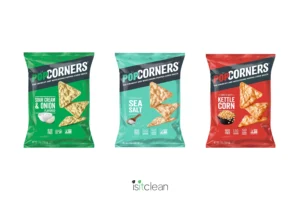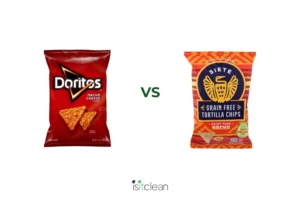
Acesulfame potassium is a zero-calorie sweetener that is added to many sugar-free…



Beta-alanine is a naturally occurring, non-essential amino acid that plays a role in the synthesis of carnosine, a dipeptide found in muscle tissue. While beta-alanine can be obtained from dietary sources such as meat and poultry, it is also produced synthetically for use in various food and dietary supplement formulations. A common method of beta-alanine synthesis involves the decarboxylation of dihydrouracil, a compound derived from uracil, to produce beta-alanine. It can also be extracted from natural sources or produced through fermentation processes. Beta-alanine is often often found in pre-workout supplements and energy drinks.

Beta-alanine is beneficial for improving exercise capacity as it increases muscle carnosine levels and delays the onset of muscle fatigue during high-intensity exercise. Research suggests that beta-alanine is safe to take, but longer-term studies are needed.
Health is like a bank account, certain ingredients make a deposit into your health bank, meaning they add to
your health. Certain ingredients withdraw from your health bank. We want health promoting ingredients in our diet. To keep things simple, we rate ingredients on a green, yellow, red scale:

It is naturally occurring in food and has no harmful effects on the body. It is real food. It is health promoting.

It goes into one or more of the below categories

It is known to have a harmful effect on the body (ex. All food colorings, Natural Flavors, MSG, Potassium bromate, aspartame, artificial flavors)



The Food Showdown: Popcorners flavors
Ingredient Rating: Canola oil – is it bad for you?
Clean Consuming: Nourishment for your

We have accomplished so much in just 1 year since our launch in March of 2023! We now have 10,000

The Nacho Chip Food Showdown, is Tapioca Starch safe in food? and a must-see documentary on America’s food system.
Stay in the know with the latest ratings, articles, and our newsletter, The Dirt.